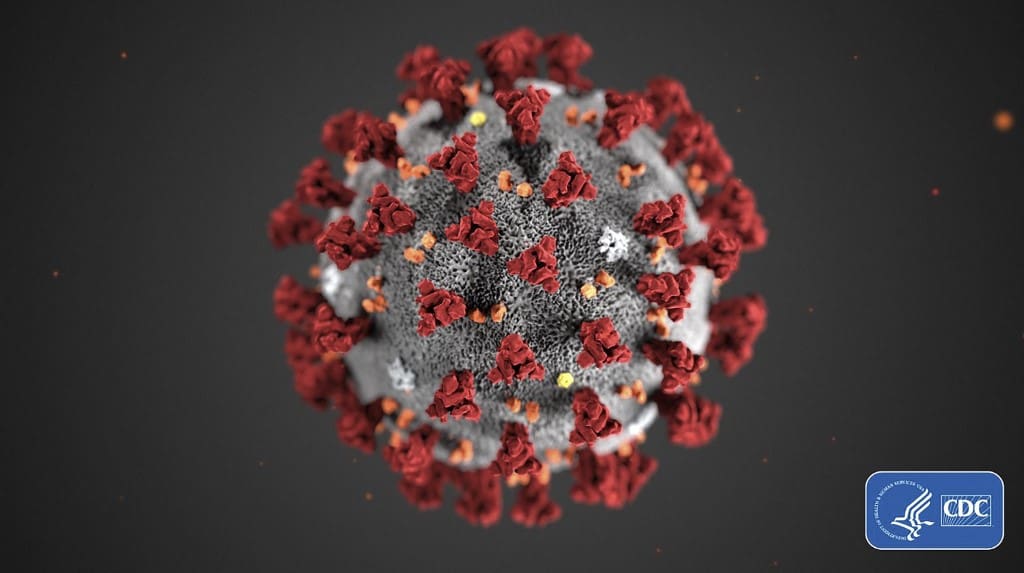The Pan American Health Organization (PAHO) highlighted on Wednesday the worrying rise in Covid-19 infections in South America, and warned of the risk of “massive epidemics” in countries that do not fully comply with the measures to stop the spread.
“Covid-19 infections continue to increase in the Americas,” said PAHO Director Carissa Etienne. “But nowhere are they as worrisome as in South America, where cases are increasing in almost every country.”
In the last week, Brazil and Argentina were among the 10 countries with the highest number of new infections in the world, she noted at a press conference.
Zones of Bolivia and Colombia have seen cases double and the Southern Cone countries have experienced an acceleration of infections “with uninterrupted community transmission,” she said. And in Peru and Ecuador, the Intensive Care Units (ICU) are reaching their maximum capacity.
In the rest of the Americas, the continent most affected by the global pandemic declared in March 2020, the epidemiological situation is “uneven,” Etienne said.
In North America, Canada has seen an increase in cases and hospitalizations, but infection rates are slowing in the United States and Mexico. Even so, the United States, the country in the world with the most cases and deaths from Covid-19 in absolute numbers, was in the last week among the ten with the most new infections.
In Central America, infections decreased in Belize, El Salvador and Panama, but increased in Costa Rica, Honduras and Guatemala. And in the Caribbean, Jamaica and the Dominican Republic have seen a decline in infections, but infections increased in smaller islands, such as Martinique and Bermuda.
New variants a risk
The Americas continue to be hard hit by Covid-19. Last week, 44% of the world’s cases, as well as 48% of deaths were reported in the American continent, according to PAHO.
The United States, with more than 556,000 deaths since the first case reported in January 2020, has reported the most fatalities related to Covid-19.
Brazil follows, with more than 336,000 deaths. On Tuesday, amid an upward spiral of infections, the South American giant registered a record of more than 4,100 deaths in 24 hours.
Is the Covid-19 crisis in Brazil a threat to its neighbors and to the world in general?
“At this time of a pandemic, the risk of massive epidemics in this region still exists, and it exists in countries that are not strict enough in the implementation of public health measures,” replied Sylvain Aldighieri, PAHO incident manager.
“The situation in Brazil is worrying throughout the country,”Aldighieri added, noting PAHO’s concern about overwhelmed health services.
Aldighieri said that as of April 5, 20 American countries and territories reported the P1 variant to PAHO, initially detected in the Brazilian Amazon city of Manaus in late 2020 and considered highly contagious.
Follow measures while vaccinations ongoing
More than 210 million doses of Covid vaccines have been applied in 49 countries and territories of the Americas (155 million in the United States), according to PAHO figures.
But it is still a long way from 70% of the population fully immunized, a level that scientists estimate is necessary to achieve herd immunity.
For this reason, PAHO insists on continuing to comply with the recommended measures to stop the spread of the virus: use of masks, physical distancing, not crowding, frequent hand hygiene.
“Slowing down and then stopping transmission requires decisive action by local and national governments, and continuous vigilance from all of us,” Etienne stressed.
The PAHO director also warned about the growing travel “within and between countries.”
“Decreasing infections starts with staying home and doing everything possible to protect ourselves and others from getting sick. And yet we are seeing populations in the region slowly and steadily increasing their mobility,” she said.
“If these trends continue, our health systems will be in more serious trouble,” she warned.






